International Telecommunications Day: Gray Hair Next to Keyboards
especiales
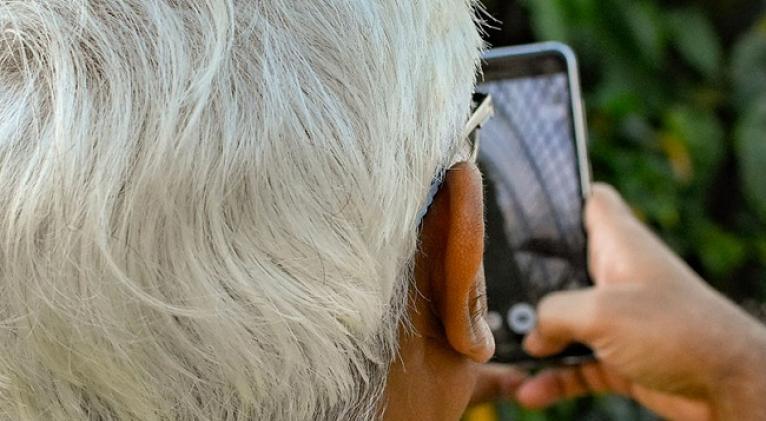
“Equitable access to digital technologies is not just a moral responsibility, it’s essential to global prosperity and sustainability and includes the more than 1 billion people aged 60 and older who are the focus of World Day celebrations. World Telecommunications and Information Society (WTISD) this year».
This is what the secretary general of the International Telecommunications Union (ITU), Houlin Zhao, says about this celebration —also coinciding with World Internet Day— which has taken place around the world every May 17 since 1969, to commemorate the founding of the ITU and the signing of the first International Telegraph Convention in 1865.
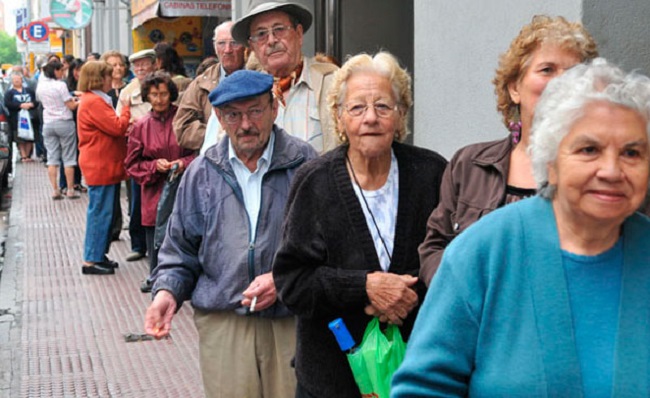
The demographic trend that marks this 21st century is the aging of the world population, which contains opportunities not yet considered by the different nations. If on top of this interesting alternative is added that those who now make up this segment of the population are the same ones to whom the present owes the advances achieved and who today face realities and challenges they didn’t even imagine in their youth, then it’s more than valid to reciprocate with attention and help.
For this reason, among others, the theme of this celebration is "Digital Technologies for the Elderly and Healthy Aging".
It could also be added to these motives what humanity has experienced since the outbreak of the COVID-19 pandemic, and especially its impact on the elderly. The social isolation to which the health situation led in most of the planet, while including particular effects for the elders, it was also evidenced —sometimes to the point of astonishment— their capacity for resilience and learning.
Everywhere I the world, elderly people could be seen determined, with the dedication of an eager student, in learning to communicate through the use of digital technologies so as not to lose contact with loved ones or friends.
Many were surprised by their own skills, which they were unaware of until then, to continue growing intellectually from the possibilities offered by the world of information and communication technologies.
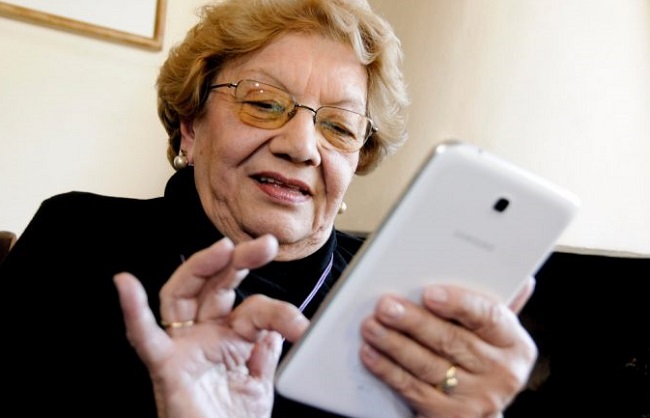
Therefore, it’s very important, and not only linked to a specific event, that societies place healthy aging associated with the use of digital technologies among their priorities.
Not only because of the benefits that this can bring to older adults, but also because understanding it would mean facing discrimination and underestimation for age matters, it would enable financial inclusion —linked this to the so-called silver economy— and a better job allocation in this sector. And because, at the same time, it would help the millions of people in this world who take on the role of caregivers for these adults.
The world and connectivity
The potential contained in new technologies obviously does not only concern the elderly; since it’s already drawing us a future that could be impressive.
But conquering it can be very difficult, especially because of the inequalities that leave scars in the entire planet and that, among so much evidence, also mean that almost three billion people do not have access to Internet, most of them in developing countries, and especially in rural areas.
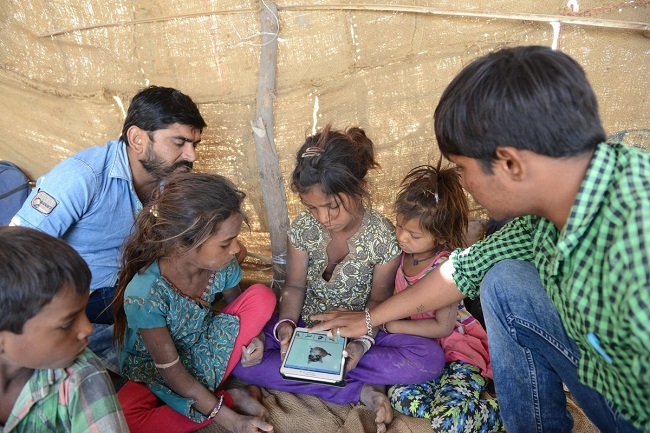
No wonder the Secretary-General of the ITU himself also stated in his message on the occasion of this conference that "great possibilities entail great responsibilities", and also drew attention to the gender, generational and affordability gaps that continue to exist today.
The message from the Secretary General of the United Nations for this World Telecommunications and Information Society Day also points in that direction, who, in addition to congratulating the ITU, urges: «... to make the most of the opportunities offered by the 5G, artificial intelligence, the Internet of Things, digital health and other technologies, we must significantly improve accessibility and inclusion.
“Nearly half of humanity still does not have access to Internet. By 2030, we need to connect everyone, everywhere, as everyone must be able to take advantage of digital technologies so as not to be left behind. At the same time, we must take steps to prevent and reduce the threats of information technology, in particular the spread of misleading information and the exploitation of personal data."
Grandparents in the Greater Antilles
Today, about 20% of the Cuban population is 60 or older, and 17.4% of those older adults live alone.
Demographic estimates predict that within three years, one out of four Cubans will be in the elderly group, while the segment of the so-called fourth age, those over 75, is growing at an equally accelerated rate.
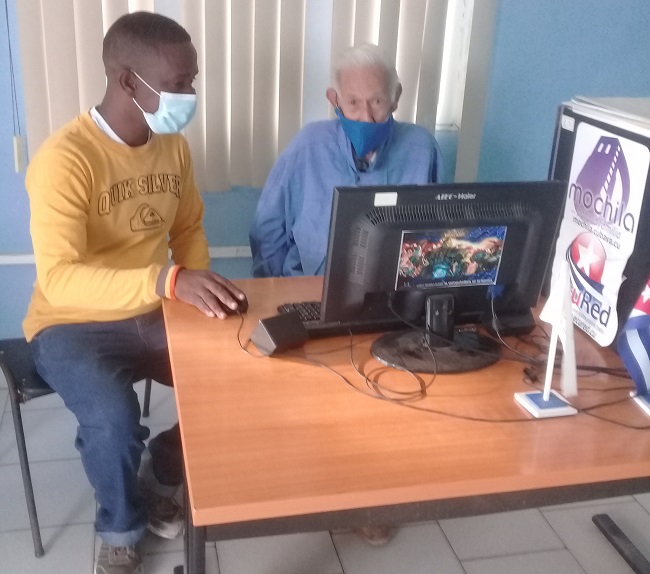
Despite this complex demographic panorama and the complicated economic crossroads that the Island experiences today, aggravated by the U.S. blockade, just last month, the regional director of the UN Population Fund for Latin America and the Caribbean, Harold Robinson, congratulated Cuba for its vanguard position in the implementation of strategies on demographic dynamics.
Accompanied by these great efforts and their results, in these times the elderly Cubans "have been challenged, at a costs, to incorporate new skills and abilities that are essential for the new times and take advantage of the possibilities offered by the digital scenario in the combiation of networks, social and family relationships”.
This is how Dr. Patricia Arés Muzio commented, adding that «Technology has become, in many cases, a great companion for old age and a way of facilitating and promoting active aging; however, this reality constitutes a new inequality gap, since not everyone has access to connectivity or the same opportunities (even within families), compared to digital natives, who use the available computers and cell phones more than their grandparents.
These are realities that are easy to verify and, along with these, also the alternatives that Cuba has developed to accompany grandparents in their capacity as analog natives who are adapting to an increasingly digital world.
Only typing a couple of metadata in search engines to stumble upon very beautiful experiences such as that of the Geroclub, created back in 2007 and that continue to achieve impressive results today.
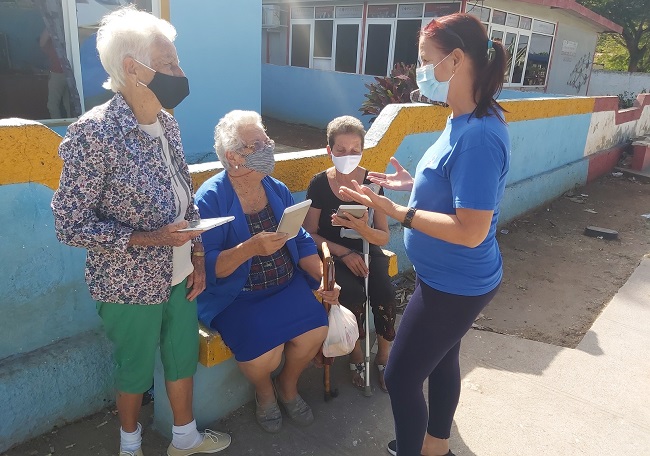
Just looking pass the hills of Buey Arriba, in Viñales, and in many more intricate Cuban geographies, especially young people, dedicate themselves to the info-literacy of older adults of their community, to measure these efforts. Fostering that necessary generational exchange that ICTs can also promote.
Just knowing about projects such as Las Golondrinas, or to know how much the University for the Elderly has done in this regard, in order to have an approximate idea, to which one must add benefits such as those offered today by platforms like Transfermóvil, which make easier for grandparents to pay for services and other financial procedures without leaving home.
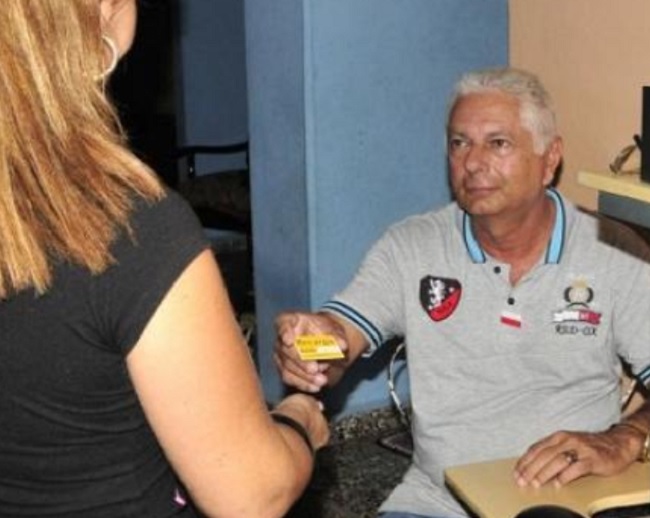
This, while these new technologies also provide them with job opportunities, as is the case of Telecommunications Agents. Almost half (49%) of these workers are 60 years old or older, hired by the Cuban Telecommunications Company, ETECSA S.A., aware of its social responsibility also in this field.
No wonder, the Cuban Minister of Communications, Mayra Arevich, pointed out at the end of last month, in a meeting with solidarity activists, that the country is implementing an inclusive digital transformation despite the U.S. blockade.
The Island is moving towards connectivity and the digitization of services, Arevich said, but without excluding people due to lack of knowledge or because they don’t have access.
Nearly 70% of the country's popular councils have Internet access and, on average, during peak demand night hours, more than two million users connect to Internet.
And among them are, of course, the elderly, those Cuban grandfathers and grandmothers, who have many reasons to celebrate this World Telecommunications and Information Society Day.
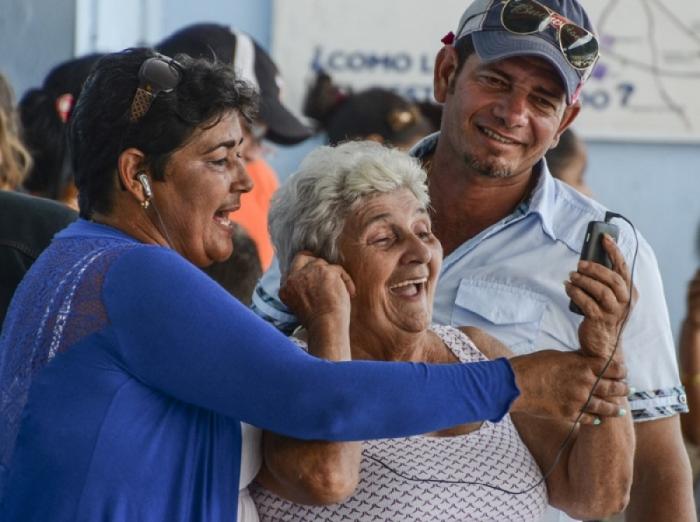














Add new comment